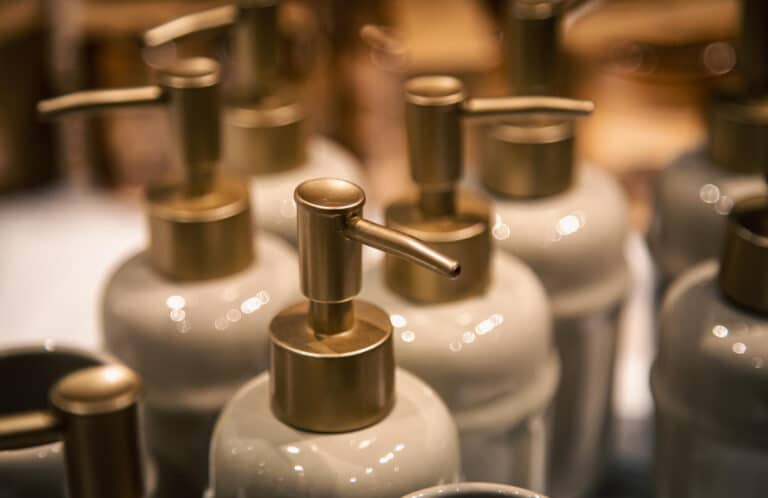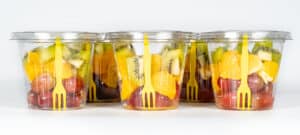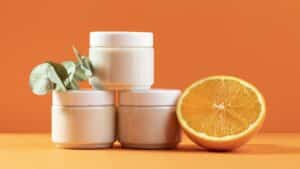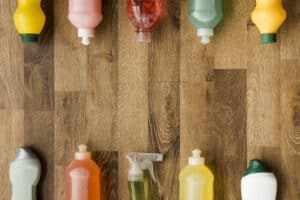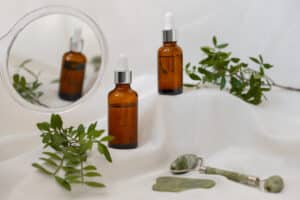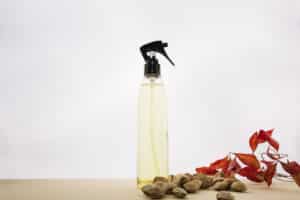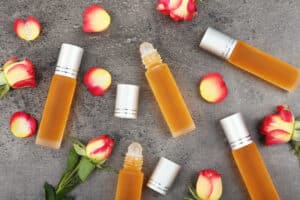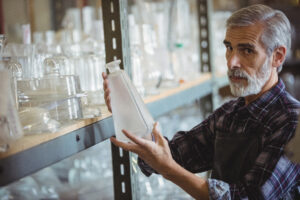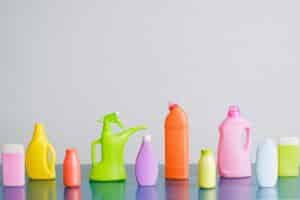Are you in the cosmetic industry and looking for reliable suppliers of high-quality cosmetic packaging supplies? Look no further! This article will guide you on sourcing the best cosmetic packaging supplies for your B2B success. We have got you covered from skincare bottle packaging to cosmetic packaging jars and cosmetic bottle packaging. So let’s dive in!
Table of contents
The importance of high-quality cosmetic packaging supplies
When it comes to selling cosmetics, packaging plays a crucial role in attracting customers and making a lasting impression. High-quality cosmetic packaging not only enhances the visual appeal of your products but also ensures product safety and longevity. Investing in top-notch cosmetic packaging supplies is a smart move that can give your B2B business a competitive edge.
Sourcing skincare bottle packaging
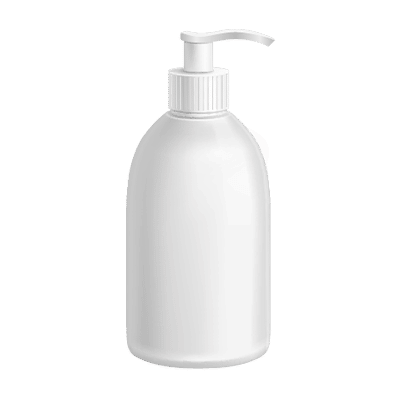
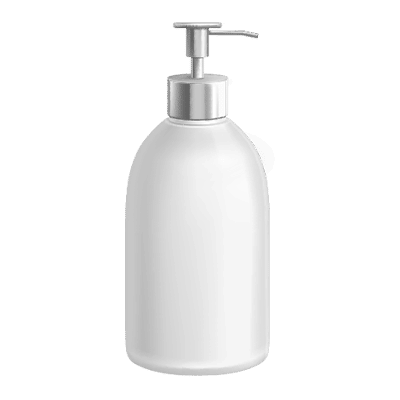
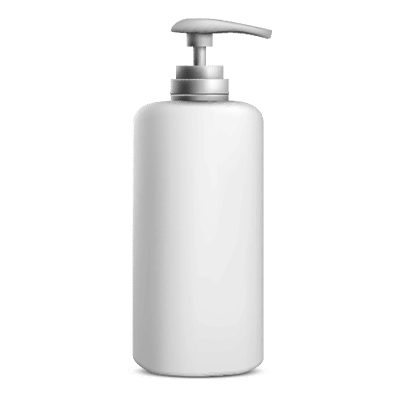
Skincare bottles are essential for packaging various cosmetic products, such as lotions, serums, and oils. When sourcing skincare bottle packaging, consider the following factors:
- Material: Opt for high-quality materials like PET or HDPE plastic that are durable and provide protection against leakage or damage.
- Design: Look for bottles with user-friendly designs, such as pumps or droppers, to ensure easy and precise product dispensing.
- Size and shape: Choose bottle sizes and shapes that align with your product range and customer preferences.
- Customization: If you want to stand out in the market, consider custom packaging options with your brand logo or designs.
Sourcing cosmetic packaging jars
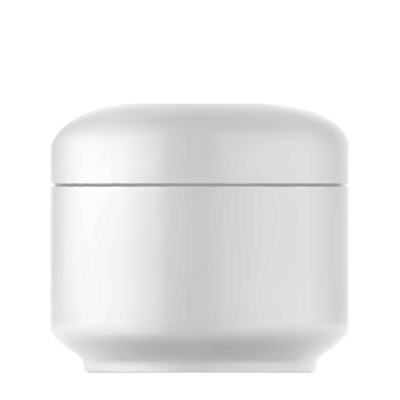
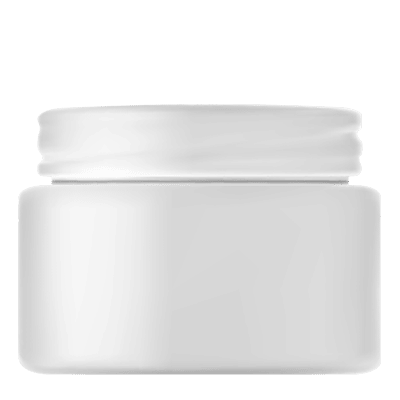

Cosmetic packaging jars are perfect for products like face creams, masks, and eye creams. Here are some tips for sourcing the best cosmetic packaging jars:
- Material: Select jars made of durable materials like PET plastic to maintain product integrity.
- Size and capacity: Consider the size and capacity of the jars based on your product volume and packaging requirements.
- Sealing mechanism: Look for jars with secure sealing mechanisms, such as screw caps or inner seals, to prevent product contamination.
- Transparency: Transparent or frosted jars can showcase the texture and color of your products, attracting customers’ attention.
Sourcing cosmetic bottle packaging
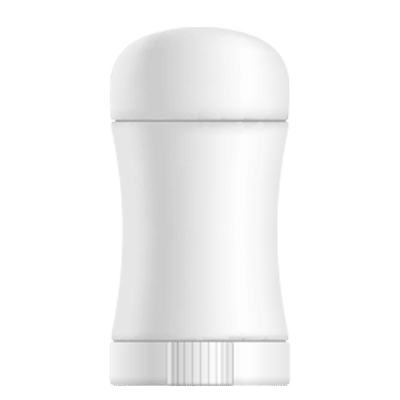
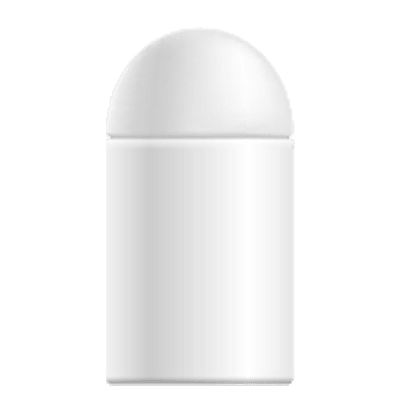
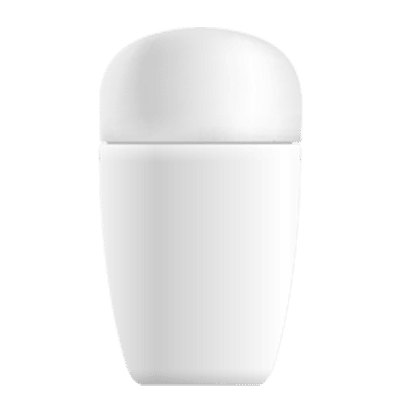
Cosmetic bottle packaging is versatile and ideal for a wide range of products, including perfumes, foundations, and nail polish. When sourcing cosmetic bottle packaging, keep these factors in mind:
- Material: Choose bottles made of sturdy materials like glass or PET plastic to ensure product protection and longevity.
- Closure Types: Consider different closure options like sprayers, pumps, or droppers based on the specific product requirements.
- Size and Shape: Select bottle sizes and shapes that are aesthetically pleasing and complement your product range.
- Labeling Area: Look for bottles with ample labeling space to showcase your brand name, product information, or ingredients.
Finding reliable suppliers for cosmetic packaging supplies
When it comes to sourcing reliable suppliers for cosmetic container supplies, there are a few key factors to consider. Here are some steps to help you find the best partners for your B2B success:
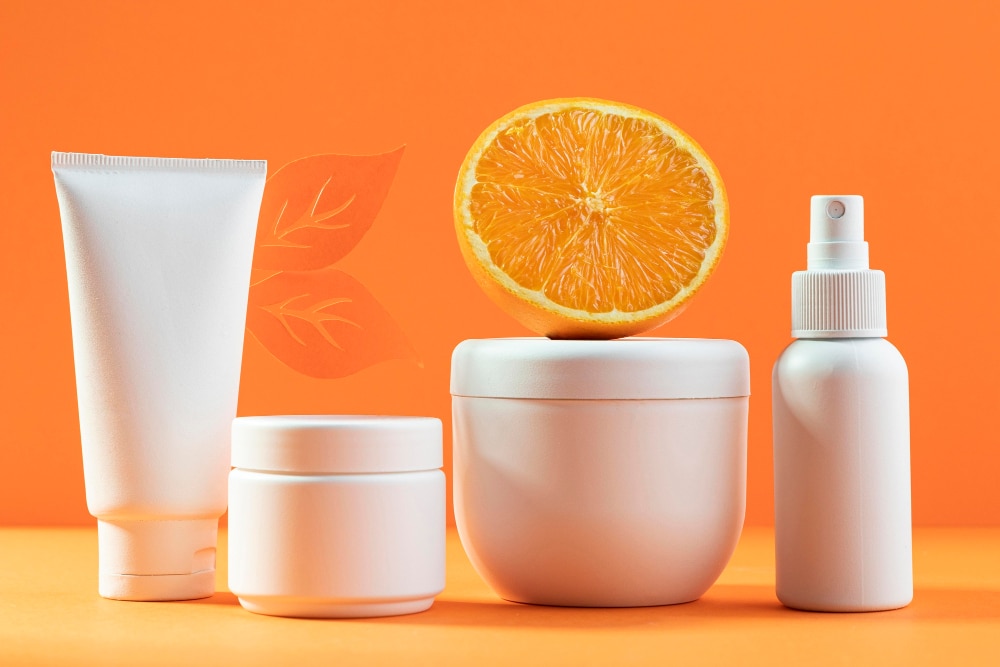
Research and identify potential suppliers
- Start by conducting thorough research online and creating a list of cosmetic bottle manufacturers. Look for manufacturers that specialize in cosmetic packaging supplies and have a good reputation in the industry.
- Consider factors such as their product range, manufacturing capabilities, experience, and customer reviews when choosing skincare bottle pacakaging.
Evaluate product quality
- In the cosmetic industry, product quality is of utmost importance. Look for suppliers that offer high-quality cosmetic packaging supplies that meet your standards.
- Request samples from potential suppliers to evaluate the quality of their products. Examine the materials, design, and functionality of the packaging supplies.
Consider customization options
- Every brand has its own unique identity and requirements. Look for suppliers that offer customization options for cosmetic packaging supplies.
- Discuss your specific needs and branding requirements with potential suppliers to ensure they can meet your customization needs.
Assess production capacity
- It’s important to work with suppliers that have sufficient production capacity to meet your demand.
- Inquire about the supplier’s production capabilities and lead times. Make sure they can handle your order volume and deliver products on time.
Price and cost considerations
- While price is a relevant factor, it should not be the sole determining factor. Consider the overall value you receive from the supplier in terms of quality, reliability, and service.
- Request quotes from multiple suppliers and compare them based on the quality of their products and services offered.
Supplier reliability and reputation
- Look for suppliers with a proven track record of reliability and consistency in delivering high-quality cosmetic packaging supplies.
- Check customer reviews and testimonials to gauge the supplier’s reputation in the industry.
- Consider factors such as their communication, responsiveness, and willingness to address any concerns or issues.
Communication and support
- Effective communication and support are vital when working with suppliers. Look for suppliers that are responsive, accessible, and provide excellent customer service.
- Clear and timely communication ensures a smooth working relationship and helps address any potential issues or changes in requirements.
By following these steps and conducting thorough due diligence, you can find reliable suppliers for your cosmetic packaging supplies. Remember, choosing the right supplier is crucial for ensuring the quality and success of your B2B business. So take the time to evaluate and select the best partners that align with your brand values and requirements.
Conclusion
Sourcing high-quality cosmetic packaging supplies is essential for the success of your B2B business in the cosmetic industry. Focus on evaluating product quality, customization options, production capacity, price considerations, supplier reliability, and communication and support. By finding reliable suppliers, you can ensure that your cosmetic products are presented in attractive
FAQs
1. What are the primary packaging materials for cosmetics?
High-density polyethylene (HDPE) is a widely used plastic material in cosmetic packaging. Known for its versatility, durability, and lightweight properties, HDPE is commonly employed for bottles, jars, and tubes. Its chemical resistance protects cosmetic formulations, and its recyclability aligns with sustainability goals. Additionally, HDPE is cost-effective and allows for easy printing of branding elements and product information.
2. How important is packaging in cosmetics?
Packaging in cosmetics is crucial as it creates first impressions, establishes brand identity, and attracts consumers. It protects products, communicates essential information, and differentiates brands in a competitive market. So, the unboxing experience, shelf presence, and visual appeal of packaging influence consumer decisions, making it a key factor in a brand’s success.
3. Why do products need packaging?
Products need packaging for protection, preservation, and identification. Packaging ensures convenience, and compliance with regulations, and serves as a key tool for marketing and branding. It differentiates products, provides security, and addresses environmental considerations through sustainable practices. In essence, packaging is essential for both practical and strategic reasons in the marketing and distribution of products.
4. Why is safe packaging important?
Safe packaging is crucial for protecting products, ensuring compliance with regulations, maintaining brand reputation, and enhancing customer satisfaction. It contributes to supply chain efficiency, reduces the risk of damage, and aligns with environmental considerations for sustainable practices.

